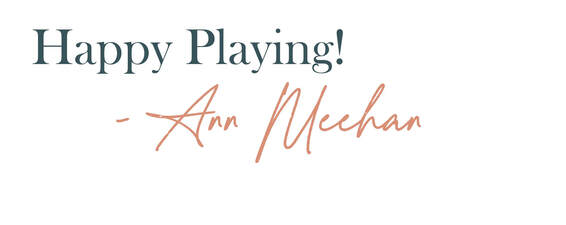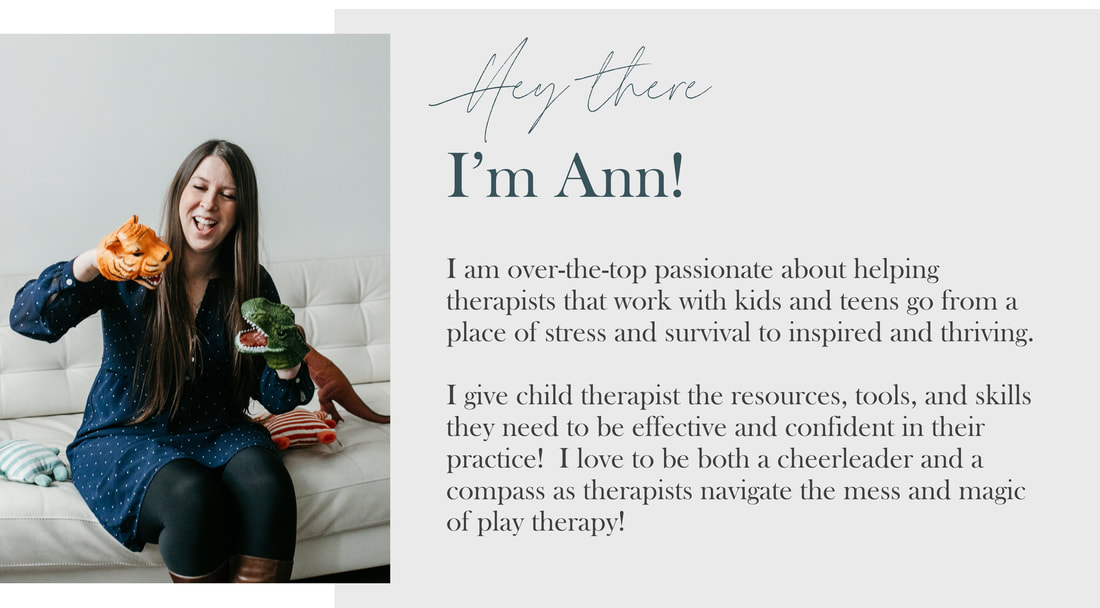
Parenting is a difficult balancing of holding the relationship, setting expectations for helpful and expected behaviors, and providing teaching and learning when the behaviors don’t meet up with expectations. Parenting is nurturing, togetherness, and fun. Parenting is fostering independence and empowering the unique qualities of what makes each child…well…them!
Parenting is a difficult balancing of holding the relationship, setting expectations for helpful and expected behaviors, and providing teaching and learning when the behaviors don’t meet up with expectations. Parenting is nurturing, togetherness, and fun. Parenting is fostering independence and empowering the unique qualities of what makes each child…well…them!
In short it is only slightly less complex than juggling a million balls in the air (that sometimes happen to be on fire) or the job of an air traffic controller. I talked HERE about the importance of validation as a foundation for parenting. Validation is the recognition and acknowledging the inner experience and feelings in the moment without judgment. It is holding the situation and the internal response as a valid experience given the circumstances and the child’s history. AND it gets really tricky when parents are in the middle of using validation and anxiety creeps in. I wanted to share with you the top 3 myths about validation that present in my office: If I validate the feeling it will get worse Parents often have thoughts or worries that if they validate their child’s feelings the feelings will get bigger and worse. Like, when a child falls down and looks to their parents immediately. There is the old concept that parents should say something like “your fine” or “it’s okay”, which is actually pretty invalidating given the fact that it absolutely hurts when the child falls down. One of the best tips for identifying if you are invalidating a child is to consider if you would say the same thing to a grown up. If one of my friends fell down when we were taking a walk I definitely would not say “you're fine”. Validation helps a child feel seen and heard and actually helps them move through the emotion quicker and in a more connected way. If we don’t validate feelings and minimize kids will turn up the volume to help adults understand. And when they turn up the volume? The behavior or action is likely to intensify. If I validate them, my child will think I am agreeing with them This one comes up all the time. When I am teaching the validation skill in session, parents often voice concerts that if they validate a child’s distress at getting off video games that their child will take it as a sign that they shouldn’t have to get off or should keep playing. Validation isn’t agreement. Validation is connection and understanding of the emotional experience AND holding at the same time the limit, boundary, or circumstances. Yes you can absolutely understand how hard it is to have to get off playing video games when you were just at the spot you were trying to get past! And at the same time, it’s time for bed. Kids don’t need validation, they should just be able to get over it! Ohh, this one tugs at my heart strings. I honor that parents come into my office with all kinds of experiences and attachment styles. Typically if a parent wasn’t shown validation, empathy, or external regulation from a caregiver in their childhood it is hard to give that to their child. The attachment relationship is one of the strongest tools for children’s mental health. That along with having a strong external co-regulator in a parent. Validation and empathy is one of the ways that parents and caregivers teach children to self-regulate and hold an external container for children to sort through and figure out their emotions. To have someone validate our experiences is one of the most powerful experiences for integrating the present circumstances and paving the way for increased problem solving and regulating in the future. And there you have it! The top three myths that come up in my office about validation. What about you? What validation myths show up in your office? Drop them in the comments below! Loading...
0 Comments
Leave a Reply. |
Hi, there!I'm Ann Meehan, an LPCC, Loading... Archives
July 2024
Categories
All
|
Privacy Policies | Terms of Use | Disclaimer
Contact
[email protected] | Copyright Meehan Mental Health Services 2022
Contact
[email protected] | Copyright Meehan Mental Health Services 2022






